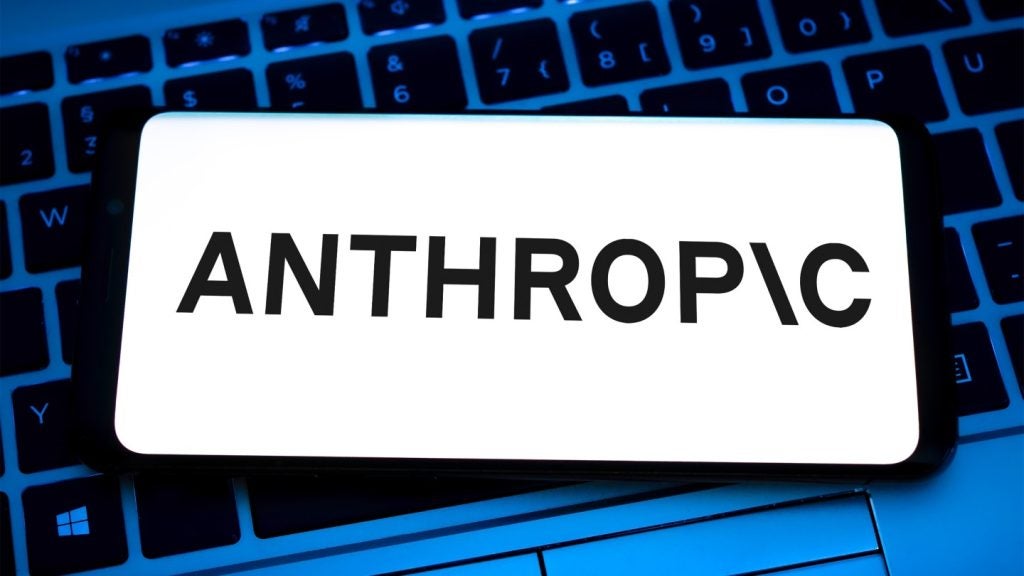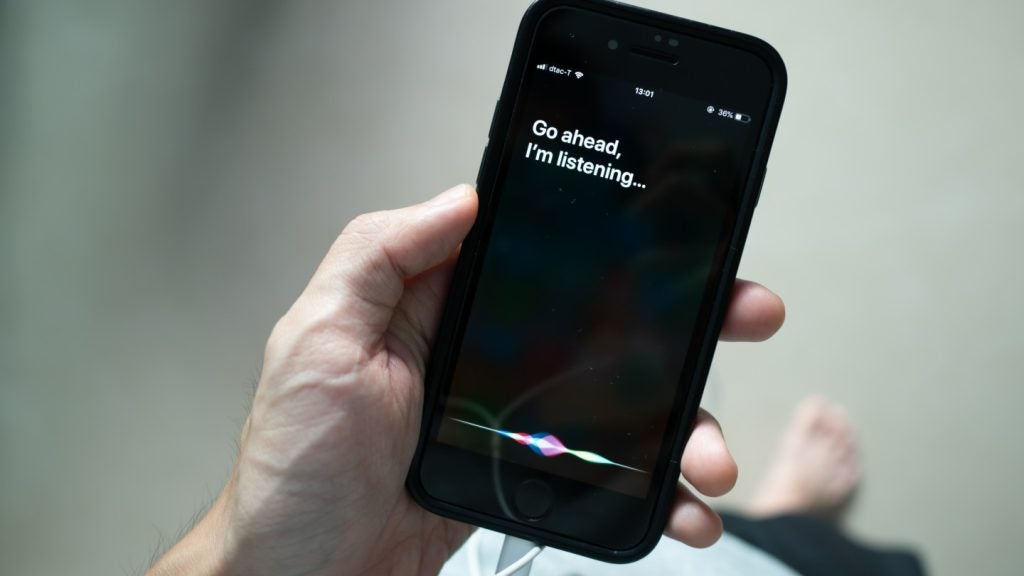
Yesterday it was announced that a former leader of Hong Kong, Donald Tsang, had been sentenced to 20 months in jail for corruption.
Tsang has become the most senior city official to be imprisoned in the city.
He was found guilty of a charge of misconduct in public office for deliberately concealing private negotiations over the rental of a three-storey penthouse which belonged to property businessman Bill Wong Cho-bau.
At the same time, his cabinet discussed an approved a digital broadcasting license at what was known as Wave Media, a now-defunct radio company in which Wong was a major shareholder.
Tsang was charged with the allegations in 2015, three years after he left office back in 2012. He ended his leadership post in disgrace in June 2012, according to the Guardian, after admitting to accepting gifts in the forms of trips on luxury yachts and private jets with tycoons.
What does this mean for Hong Kong politics and how will it affect the city’s reputation?
“It’s extremely disappointing,” professor Steve Tsang, director of SOAS China Institute, told Verdict.
How well do you really know your competitors?
Access the most comprehensive Company Profiles on the market, powered by GlobalData. Save hours of research. Gain competitive edge.

Thank you!
Your download email will arrive shortly
Not ready to buy yet? Download a free sample
We are confident about the unique quality of our Company Profiles. However, we want you to make the most beneficial decision for your business, so we offer a free sample that you can download by submitting the below form
By GlobalData“When the Independent Commission against Corruption (ICAC) was set up in the 1970s, Hong Kong more of less cleaned up. It removed all systemic or syndicated corruption and Hong Kong became one of the least corrupt political units of that size.”
Malte Kaeding, lecturer in international politics at the University of Surrey agrees with this. “Hong Kong has an extremely good reputation in terms of low corruption,” he told Verdict.
“However what is important in the Tsang case is that you can see the close linkage between the ruling elite and the business sector, in particular, the real estate conglomerates. This is why people are focusing on it because this lies at the heart of the problem.”
The link between real estate moguls and government in Hong Kong was revealed in 2014 when Tsang’s right-hand man, Rafael Hui was sentenced to seven and a half years for receiving bribes from Thomas Kwok, head of Sun Hung Kai, a property company in the city, and Kwok’s brother Raymond.
Hui was Tsang’s deputy from 2005-2007, and was accused of receiving $4.39m to be the Kwoks’ “eyes and ears” in government.
“This reflects the influence of the real estate sector in Hong Kong politics,” said Kaeding.
“It is very disappointing that it has happened but what it does show is that the judiciary remains independent,” said Tsang. “The law ran its course and they were found to be guilty through a proper judicial process.”
How could this effect Hong Kong’s current and future leaders?
The sentencing has also raised other issues about the links between political authorities and industries. Hong Kong’s current leader, CY Leung was reported to have received around $6.4m in payment from his former employer, Australian engineering firm UGL.
This deal was inked in 2011, after he had announced his bid for office, and was not declared to Hong Kong’s executive council.
According to the South China Morning Post, this receipt has been investigated for the past two and a half years. It reported that questions have been sparked over whether Leung could be next to face prosecution.
“At the moment it is very difficult to predict,” said Kaeding. “If there is any change or shift [in the investigation], it could happen quite quickly if he falls out of favour.”
However, we will have to wait till CY Leung steps down before any charges could be brought against him. This is because the commissioner of the ICAC is directly answerable to the chief executive.
“So you are expecting the head of the anti-corruption commission to ask his boss, ‘Sir, I’m going to indict you, give me permission.’ That’s just not going to happen,” said Tsang.
Tsang is cautious about judging CY Leung too soon. “At the moment these are just allegations. Until he stands down as chief executive, and if those allegations are investigated, then we will know if he is actually guilty or not guilty.
Until then, I don’t think we should assume that he is or will be found to be guilty.”







